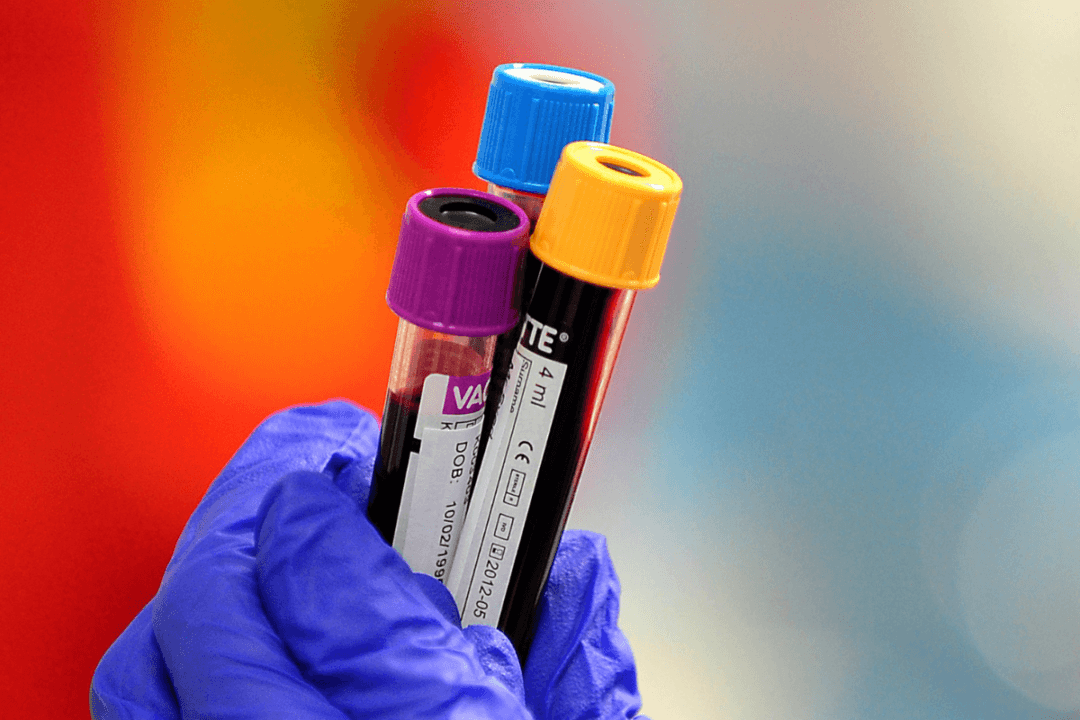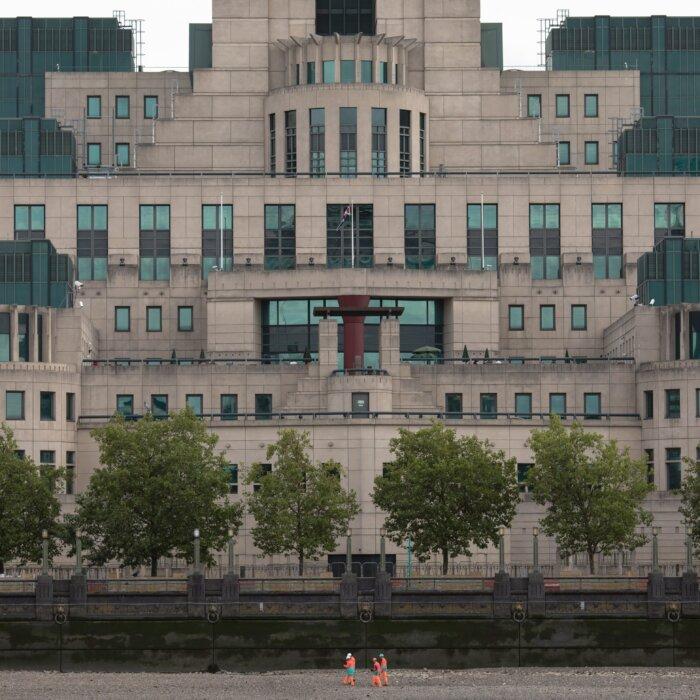The NHS has launched an urgent appeal for blood donations across the country after a cyber attack affected IT systems at several London hospitals, with donations expected to be needed until the end of July.
On Monday, NHS Blood and Transplant (NHSBT) asked for people with type O blood to come forward, as this type is safe to use with the majority of people.
The attack affected hospitals’ ability to effectively match patients with their correct blood types at the same frequency as usual, resulting in the cancellation of operations and blood tests.
Ransomware Attack
On June 3, a spokesman for NHS England, London region, declared a critical incident after hackers attacked pathology firm Synnovis with ransomware. Synnovis provides services to the NHS and the attack affected King’s, the Royal Brompton, Guys’, St Thomas’, and Evelina Children’s Hospital.Synnovis said last week that the incident has been reported to police and the Information Commissioner.
Health Minister Victoria Atkins said two days later in response to the attack, “I had meetings with NHS England and the National Cyber Security Centre to oversee the response to the cyber attack on pathology services in South East London.”
A ransomware attack is a kind of malware that prevents users from accessing data, with the hackers threatening to keep users locked out permanently unless they pay a ransom.
Speaking to the “Today” programme last week, Ciaran Martin, the former chief executive of the National Cyber Security Centre (NCSC), part of GCHQ, said he believed the attack was conducted by a Russian group.
Mr. Martin said, “We believe it is a Russian group of cyber criminals who call themselves Qilin.”
Blood Matching ‘Slower and More Manual’
Dr. Gail Miflin, chief medical officer at NHSBT, explained on Monday why it was critical for people with type O blood to donate.Dr. Miflin said: “When hospitals do not know a patient’s blood type or cannot match their blood, it is safe to use O-type blood.
“To support London hospitals to carry out more surgeries and to provide the best care we can for all patients, we need more O Negative and O Positive donors than usual.”
“Please book an urgent appointment to give blood at one of our 25 town and city donor centres which currently have good appointment availability,” she urged.
Dr. Miflin also called for those who do not know their blood type to come forward, as they may have one of these groups of blood.
She later told BBC Radio 4’s “Today” programme that without the IT systems in place, matching blood types is currently “slower and more manual,” therefore it “would be easier and safer to give blood that we know will be a suitable blood, and that’s why we go for group O.”
Previous Cyber Attacks on NHS
In August 2022, Advanced, which supplies vital systems for the NHS, suffered a cyber breach. As a result, a number of systems, including the NHS 111 service and software used to check in patients and maintain medical notes, were taken offline. And in 2017, a WannaCry ransomware attack hit the NHS and affected 80 out of 236 hospital trusts across England.
Eight percent of GP practices were also infected by the virus.







